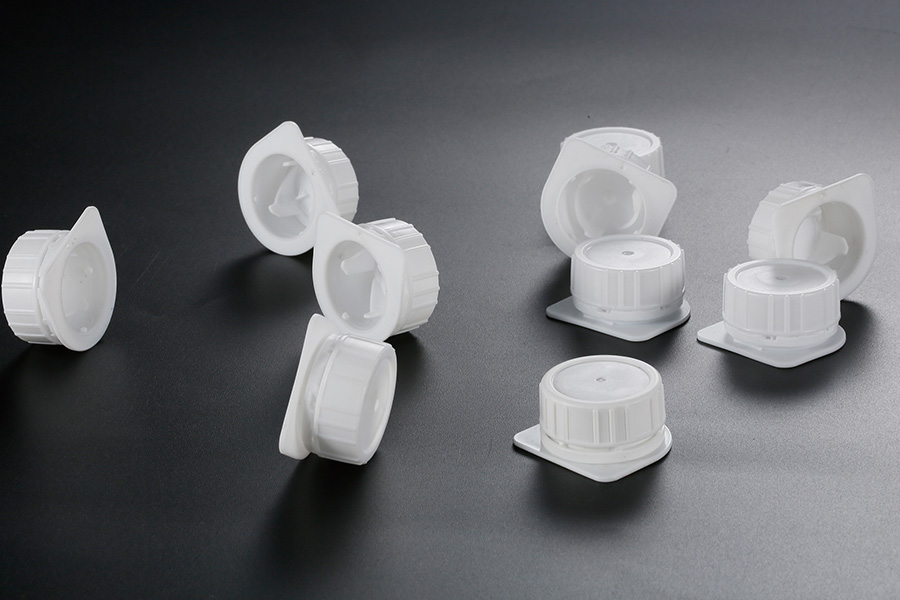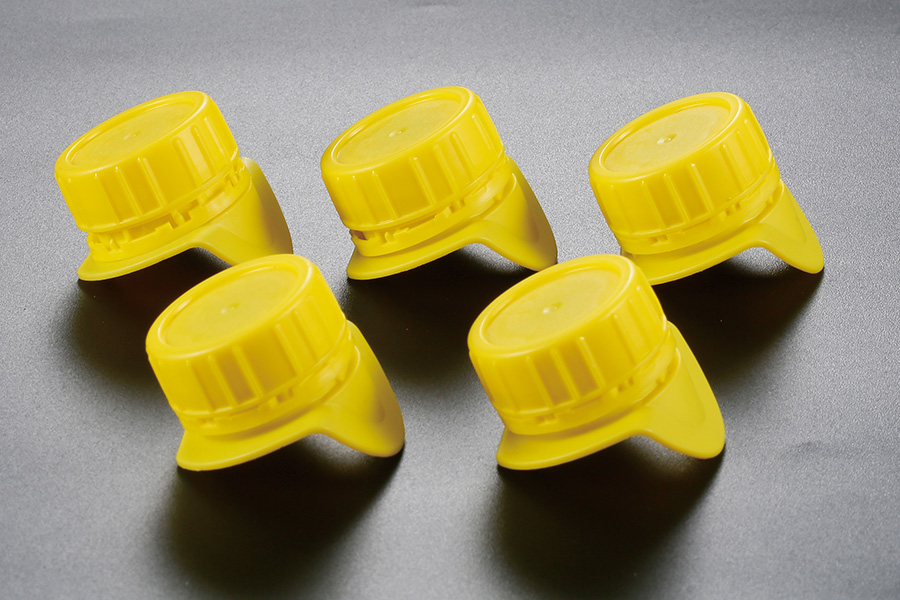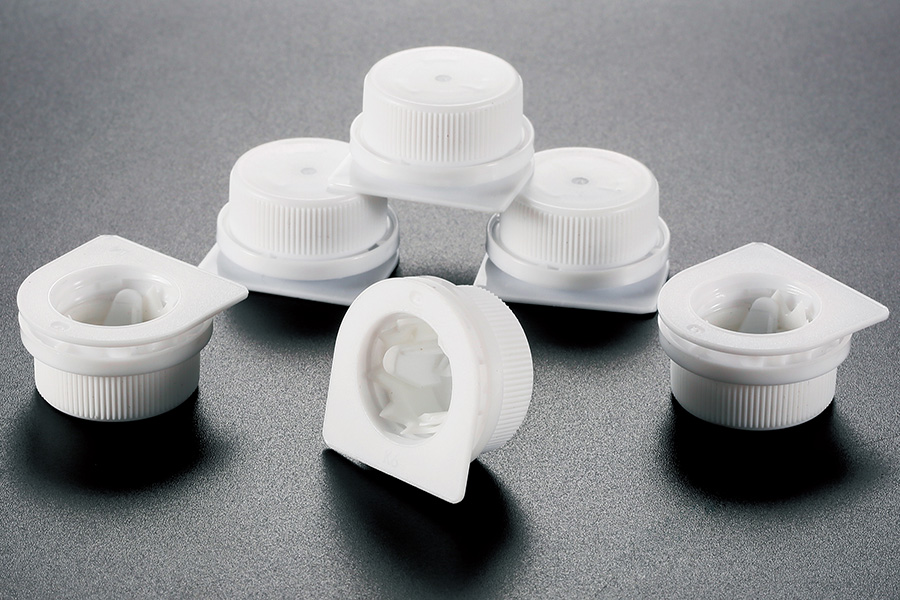Pressure-sealed caps have become an essential component in ensuring the safety, freshness, and convenience of juice and dairy packaging. These caps are designed to maintain the integrity of the product by providing a secure seal that withstands pressure changes during transportation and storage. Among the various types of closures used in the industry, pressure-sealed caps have gained popularity because of their reliability and ease of use. In particular, plastic bottles flip top caps play a significant role in the market, offering both functionality and user-friendly features.

The process of bottle cap manufacturing for pressure-sealed applications involves precise engineering to achieve a tight seal that prevents leakage and contamination. This is particularly important in juice and dairy products, which are sensitive to air and microbial exposure. The pressure-sealed caps are typically designed to fit securely onto plastic bottles, creating an airtight barrier. Plastic bottles flip top caps are especially advantageous because they combine the benefits of pressure sealing with a convenient opening mechanism that does not require the complete removal of the cap.
One of the key advantages of pressure-sealed caps in juice and dairy packaging is their ability to preserve the product’s freshness over time. Juice and dairy products can be prone to spoilage if exposed to oxygen or contaminants, but a well-designed pressure-sealed cap less this risk by maintaining a controlled environment inside the bottle. Bottle cap manufacturing techniques focus on achieving a precise fit between the cap and the bottle neck, which is critical for maintaining the seal under varying pressure conditions. The materials used in both the cap and the bottle are selected to complement each other, enhancing the overall sealing performance.
Plastic bottles flip top caps have also been recognized for their practicality in consumer use. Unlike traditional screw caps or corks, flip top caps provide quick access to the product while maintaining the sealed environment when closed. This feature is particularly useful for juice and dairy products consumed on the go or in smaller quantities. The flip top design reduces the risk of spills and makes resealing easy, which contributes to reducing food waste and improving user experience.
In the context of bottle cap manufacturing, the production of pressure-sealed caps involves several quality control measures to ensure that each cap meets the required specifications. Manufacturing lines employ precise molding processes to maintain consistent cap dimensions and sealing features. Any deviation can result in compromised seal integrity, pilot to product spoilage, or leakage. Therefore, manufacturers invest in advanced equipment and rigorous testing procedures to guarantee the quality of plastic bottles flip top caps used for juice and dairy packaging.
Another important consideration in pressure-sealed cap design is compatibility with different types of plastic bottles. Juice and dairy packaging often involves various bottle shapes and materials, including PET and HDPE. Bottle cap manufacturing processes are adapted to accommodate these variations, ensuring that pressure-sealed caps can be produced to match different bottle specifications. This adaptability allows beverage producers to maintain consistent packaging quality across diverse product lines.
Sustainability is also a growing concern in the packaging industry. Pressure-sealed caps and plastic bottles flip top caps are increasingly being developed with recyclable materials and environmentally friendly processes. Bottle cap manufacturing facilities are exploring ways to reduce plastic waste and enhance recyclability without compromising the sealing performance required for juice and dairy products. These efforts support broader environmental goals while meeting industry standards for food safety and packaging durability.
Moreover, pressure-sealed caps contribute to the overall branding and market appeal of juice and dairy products. The caps can be customized in color, texture, and design to align with brand identity and consumer preferences. Plastic bottles flip top caps offer opportunities for innovative branding elements such as embossed logos or tamper-evident features. Bottle cap manufacturing technologies enable these customizations while preserving the functional attributes of pressure sealing.
In conclusion, pressure-sealed caps are a critical component in the packaging of juice and dairy products. They provide an effective barrier against contamination and spoilage, maintaining product quality throughout the supply chain. Plastic bottles flip top caps, in particular, combine the benefits of secure sealing with user convenience, making them a preferred choice in many applications. The bottle cap manufacturing process ensures that these caps meet stringent quality standards, offering consistent performance and compatibility with various bottle types. As the packaging industry evolves, continued innovation in pressure-sealed cap design and production will play an important role in addressing consumer needs and sustainability challenges.


 English
English  русский
русский عربى
عربى



